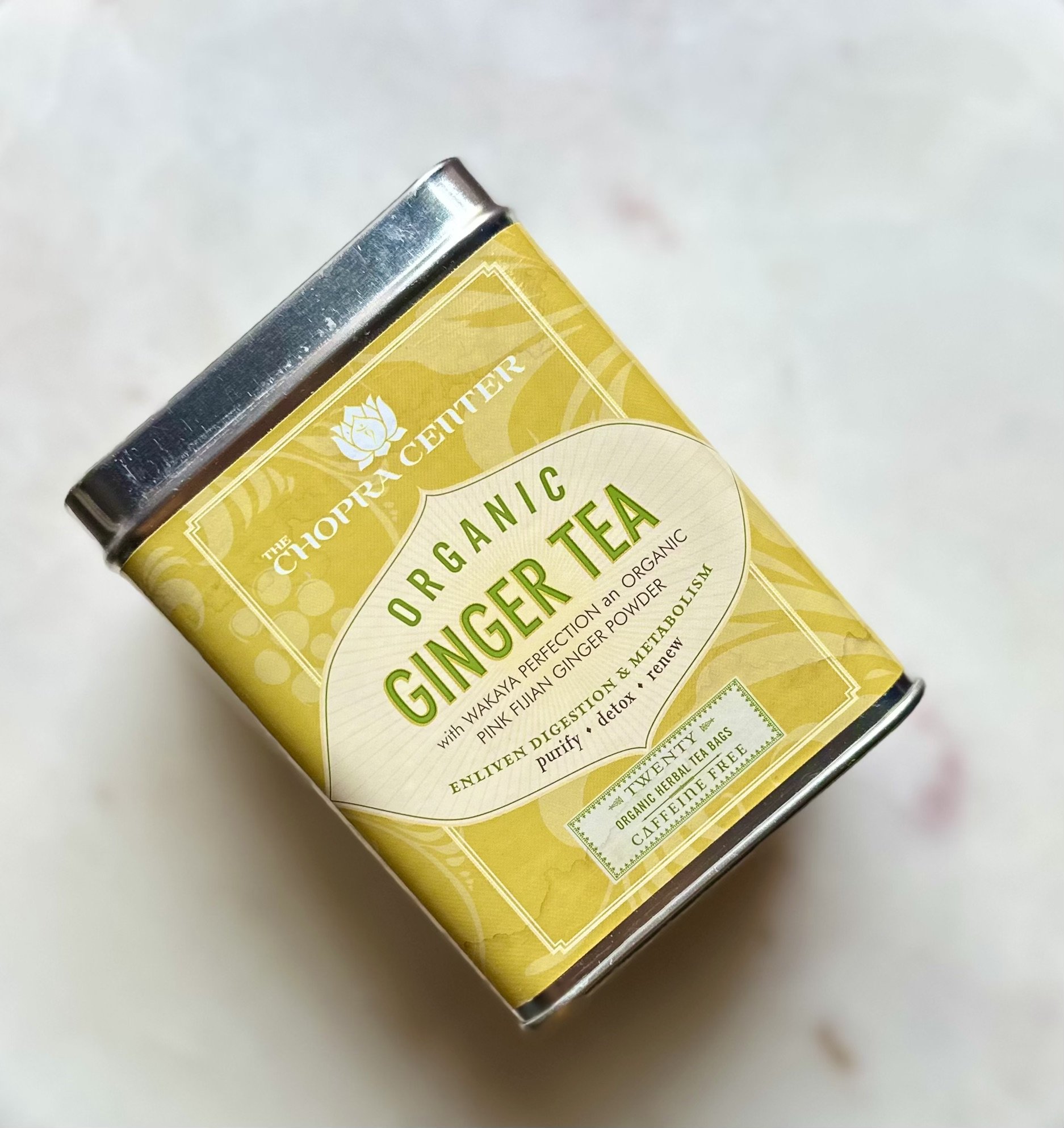Food x Emotion: What To Eat Now
it is often difficult to pinpoint why we want to eat certain foods. I call cravings or behavior “under-the-radar” symptoms of a bigger underlying issue. Recognizing our behavior and making small adjustments can help avoid a large problem like the manifestation of an IBD or heart disease.
Ayruvedic science and medicine determined that certain foods have properties of taste that effect emotional states. From cravings to balancing diets, food choice indicates imbalances and homeostasis. The gut-brain axis regulates mood, cravings and digestion of food and emotion. Poor digestion of emotions is due to misidentification of emotions, not talking about them and/or not processing them properly. Sometimes masking emotions, especially hurtful ones like sadness and pain, is done with eating foods our gut-brain axis thinks takes the place of or nurtures the missing thing that is supposed to ease our feelings into a positive state.
A few basic emotions exist. In humans, love is the principal emotion that opens other sentiments. Particularly, the loss of love leads to the negative emotions depression (grief), anxiety and anger. All other emotions fit under these central moods. These drive our actions, positive or negative. Since negative moods are more detrimental to overall health, it is important to determine how to balance them when faced with cravings during these states.
A few recommendations to get you out of a jam:
Depressed
Grabbing a mocha or latte, sugary soda or Cadbury bar is Kapha-driven. Instead of ingesting energy in ephemeral boosters, keep satchels of ginger tea at your desk, in your bag or at home. Ginger helps counter depression and fatigue by increasing serotonin and dopamine as does a quick Foo Fighters listening session. Bergamot is also stimulating on the pulse points because it is part of the citrus family. This sensitive state can also be tempered by invigorating activities like running. Not to subdue the root cause of depression, but to not feed it.
Insider Tip: Eat with intention. It is better to save intense conversation until after food is digested because emotion effects digestion. Years ago I had regular dinners with a group that incessantly talked about negative incidents during meals. The endless nagging, complaining, bickering made me lose my appetite for the food and the companionship. Focusing on the nourishment of the meal, ingredients and flavors surpasses any bad day.
Anxious
You may not sense or acknowledge anxiety, but you will crave bread, risotto, or chocolate cake. These are carbs, creamy and sweet foods that blanket fear, worry, and apprehension felt by Vata energies. Fennel tea, which is astringent, helps as does orange. Lightly roast the seeds or steep them as is in hot water. Dabbing neroli on the pulse of the wrist before a nerve-racking meeting mitigates uneasiness of imposter syndrome. Dr. Pratima Raichur of Pratima Skincare formulates a lovely Anti-Stress Aroma Oil with orange, cardamom and jasmine that easily carries in the pocket or wallet. Read here for more on how to ease anxiety.
Angry
The Flaming Hot Cheetos fix or tortilla chips with spicy guacamole further inflame hot temperaments. Pitta causes salt-seeking behavior when feeling angry, thus increasing indigestion, heartburn, and inflammatory gastrointestinal disorders. Good Indian (Mysore) sandalwood is difficult to find now, but jasmine, like in a Diptyque candle, is great to counter hostile moods through the olfactory system. Licorice tea has a similar effect, but through the gut-brain axis by lowering acidity that is triggered or increased during bouts of anger.
Insider Tip: Ayurveda states that eating in foul moods should not be done due to the negative effects on digestion. But who has time to not eat or wait to eat? To reach middle ground, choose a light meal or snack that will counter the negative emotional state. Eat slowly. Think about the food instead of the negativity of the emotion. This should not be a habit, but no true health system wants you to starve.
Bottom Line
We don’t constantly need to be in a good mood. That would be weird because problem-solving, adaption and evolution would not occur. Regular processing of emotions supports these survival fundamentals. Talking, self-reflection, and time help process emotions. Choosing foods that are more healthful during times of negative emotional states has greater immediate and long term impact. Staying focused and not overwhelmed during trying times is beneficial to maintaining your central character. Not losing yourself due to a state, though important, that is transitory in the greater expanse of your life. As Pratima writes in Absolute Beauty, “psychological hunger” is not about food, but about craving “wholeness itself”.
This article focuses on an introduction to emotional eating with brief examples and methods to overcome that. Later we will take more detailed looks at underlying causes and treatments.











